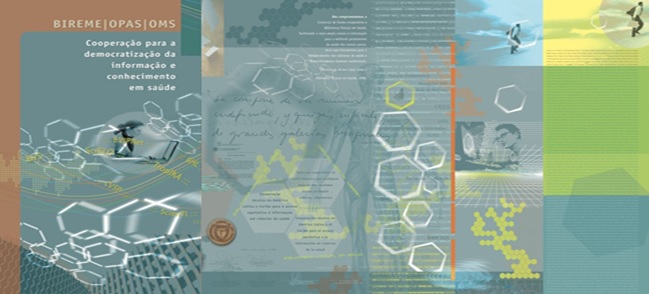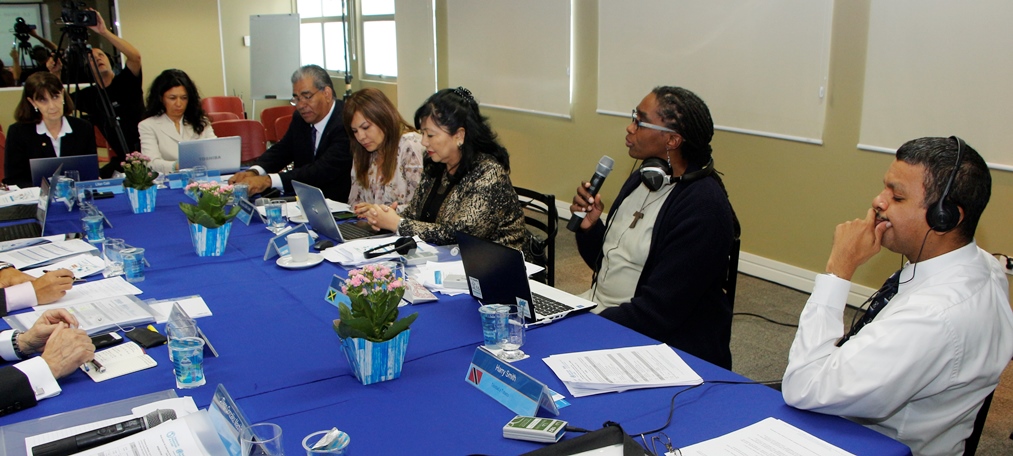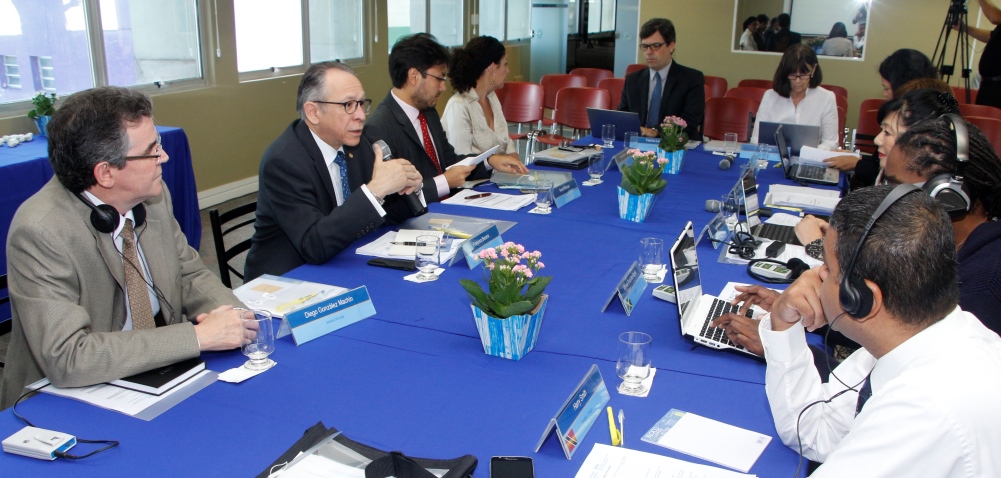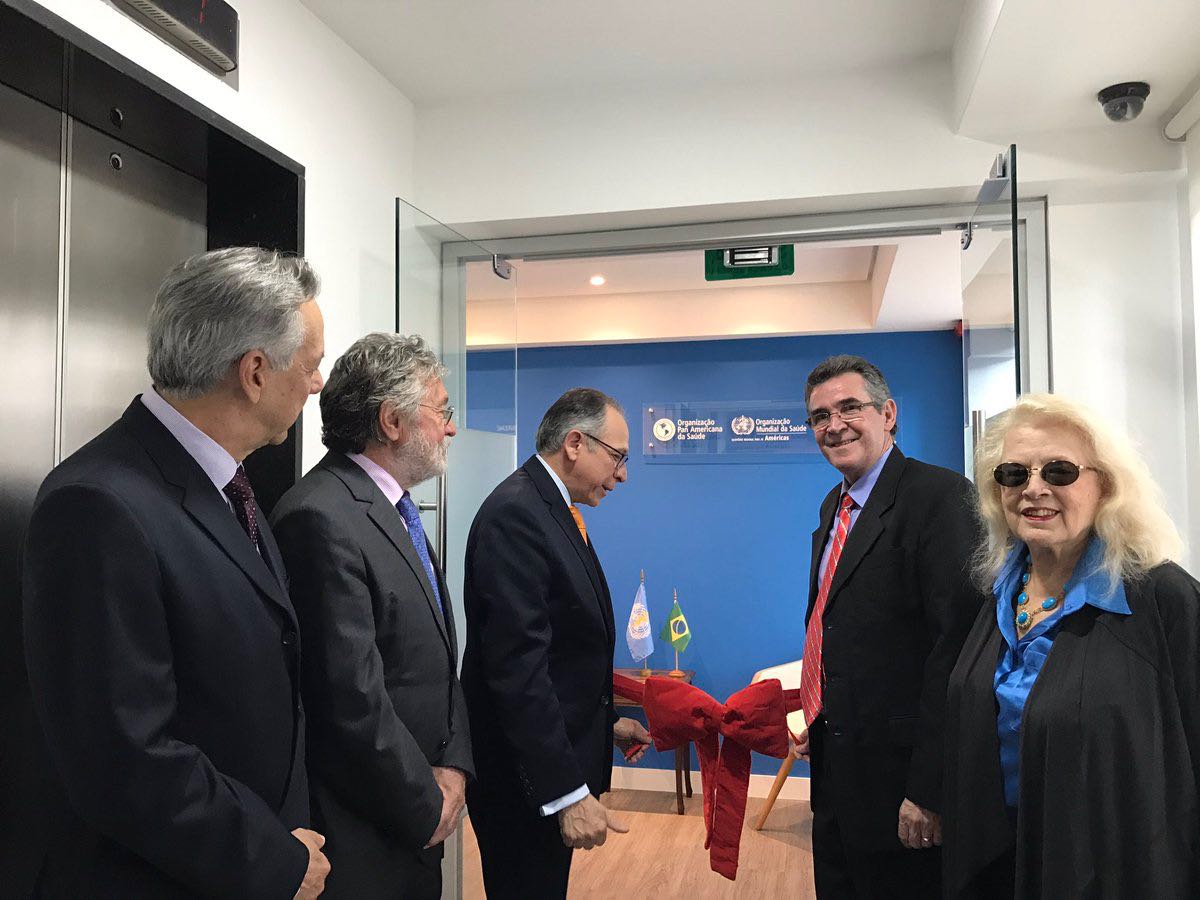As it turns 50-year old in 2017, BIREME, a specialized center of PAHO/WHO, celebrates its important journey of effective contribution to the flow of scientific and technical information in health in the Latin America and Caribbean Region, as well as the consolidation of its mission to contribute for the development of health by means of strengthening, expanding, disseminating and producing networks of sources of information about health sciences.
A bit of history





